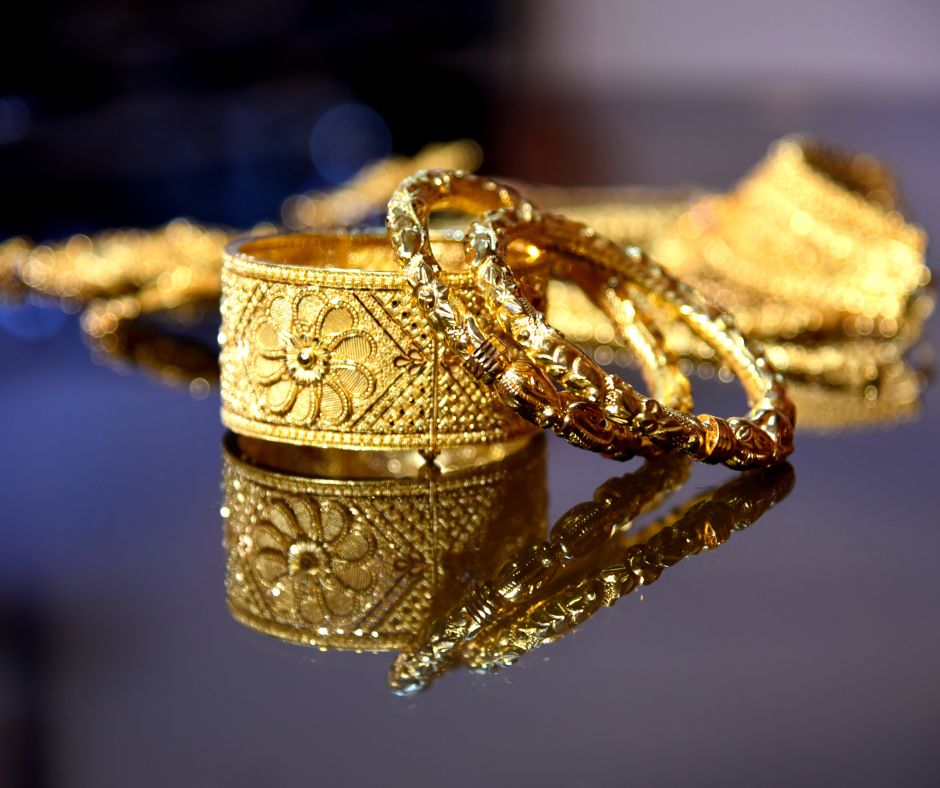Estate Jewelry: Assessing Value, Finding Buyers, and Maximizing Profit
Estate jewelry holds significant value, both sentimentally and financially. Whether you’ve inherited estate jewelry from a loved one or acquired it yourself, understanding its true worth and how to get estate jewelry appraised effectively is paramount. This comprehensive guide provides invaluable insights into the appraisal process, buyer identification, and strategies for maximizing profitability. Whether you’re seeking to sell your estate jewelry or simply curious about its value, this guide will expertly navigate you through the process, ensuring you achieve the best possible outcome.
What is Estate Jewelry?
Estate jewelry is a term used to describe any jewelry that has been owned by someone else before. This can include jewelry items such as engagement rings, brooches, and anything in between. The value of estate jewelry depends on its rarity, age, and condition, and can range from antique to vintage or simply used.
How to Appraise Estate Jewelry?
Before selling your estate jewelry, it’s essential to have it appraised by a professional to understand how to determine the value of estate jewelry. An appraisal will accurately assess its value and help you determine a fair asking price. Look for a reputable appraiser with a good track record in estate jewelry.
During the appraisal, the appraiser will examine your jewelry’s metal content, gemstones, and overall condition. They’ll also consider its history, provenance, market trends, and demand. After the appraisal, you’ll receive a detailed report with a value estimate.
Where to Find Estate Jewelry Buyers?
Once your estate jewelry is appraised, it’s time to find a buyer. There are several options to consider, including:
Local jewelry stores: Many jewelry stores buy estate jewelry, especially if it’s in good condition and has a high resale value. Look for stores specializing in vintage or antique jewelry, as they may be more interested in buying estate pieces.
Online marketplaces: Websites like eBay and Etsy are popular platforms for selling estate jewelry. They allow you to reach a wider audience and set your prices, but you’ll need to handle shipping and handling.
Auction houses: High-end estate jewelry can be sold at Christie’s and Sotheby’s auction houses. However, this option is typically reserved for rare and valuable pieces, and you’ll need to pay a commission fee to the auction house.
Tips for Selling Estate Jewelry
Selling estate jewelry can be a complex process, but there are a few things you can do to make it easier:
Clean and repair your jewelry: Before selling your estate jewelry, ensure it’s clean and in good condition. Minor repairs and touch-ups can also increase its value.
Research comparable pieces: Look for similar estate jewelry that has sold recently and see what prices it fetched. This will give you an idea of what to expect.
Be realistic with your asking price: Don’t set your asking price too high or too low. Consider the appraised value, market demand, and any fees or commissions you must pay.
Get multiple offers: Don’t settle for the first offer you receive. Shop around and get multiple offers from buyers to ensure a fair deal.
Selling estate jewelry can be profitable if you approach it with the proper knowledge and resources. By getting your jewelry appraised, finding the right buyer, and following these tips, you can ensure a successful sale and a good return on your investment.

